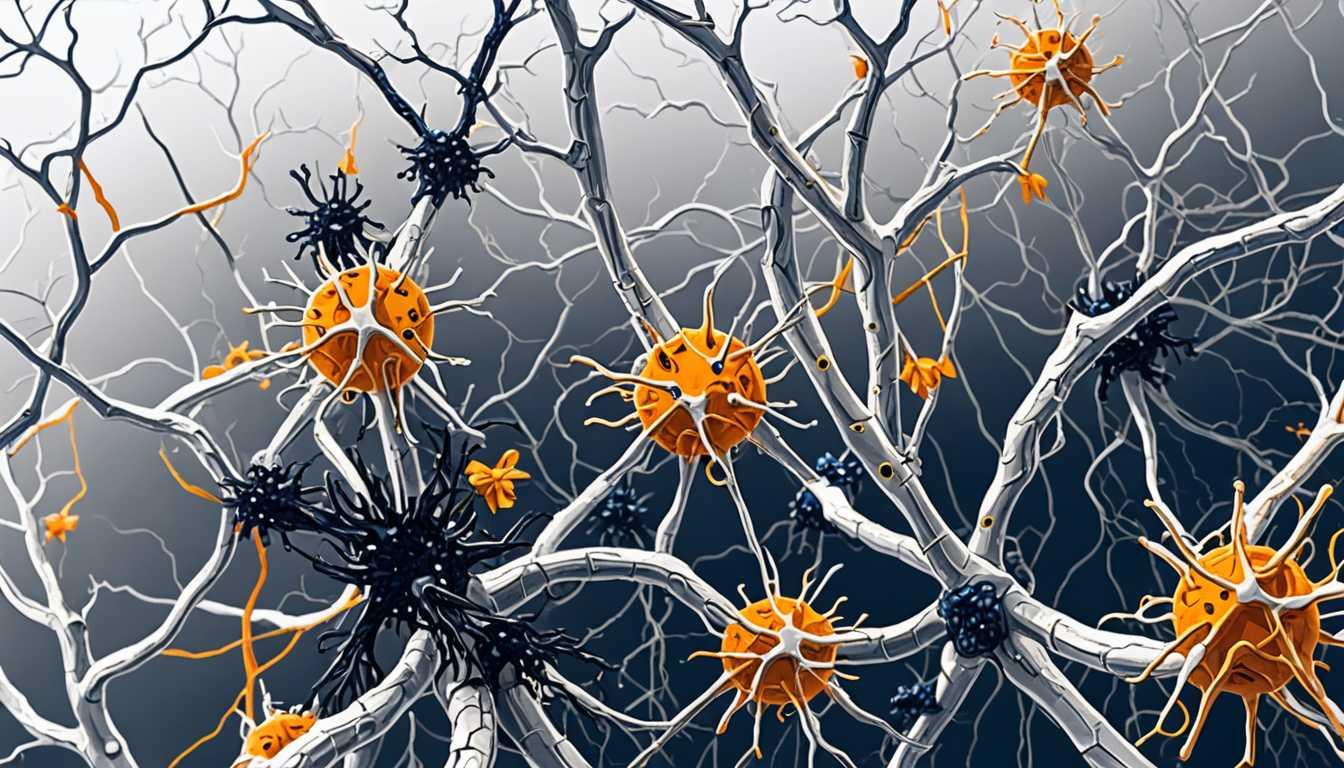Genetic Secrets of Singapore's Bloom
November 2022
A*STAR Singapore
Introduction
Dive into the colorful world of genetics with Singapore's brightest bloom, the Papilionanthe Miss Joaquim! Scientists from A*STAR and SingHealth Duke-NUS have cracked its genetic code, revealing secrets from antioxidant powers to its vibrant hues. Published in Communications Biology, this study not only adds to our national pride but opens doors to future healthcare breakthroughs. Who knew a flower could hold so much power?
READ FULL ARTICLEWhy It Matters
Discover how this topic shapes your world and future
Blooming Brilliance and Genetic Gems
Imagine unlocking the secrets held within the petals of a flower, not just any flower, but Singapore’s national treasure, the Papilionanthe Miss Joaquim. This isn't just about the beauty you can see; it's about diving deep into the genetic code that makes this flower so unique. Scientists have cracked open the entire genetic blueprint of this orchid, revealing secrets that could revolutionize healthcare, agriculture, and even how we fight diseases. This discovery is a testament to how understanding nature at its most fundamental level can lead to groundbreaking advancements. For you, it's a window into the complex world of genetics and biotechnology, showing how curiosity and science can uncover the hidden wonders of the natural world. This exploration could inspire new ways to tackle challenges from preserving biodiversity to developing new medicines, all starting with the genetic code of a single flower.
Speak like a Scholar
Genome
The complete set of DNA, including all of its genes, in an organism. Think of it as the ultimate instruction manual for building and maintaining that organism.
Genetic sequencing
A method used to determine the exact sequence of the nucleic acids (the building blocks of DNA and RNA) in a genome. It's like reading the letters in the instruction manual.
Flavonols and anthocyanins
Types of natural compounds found in plants. They're known for their antioxidant properties (protecting cells from damage) and are what give many flowers and fruits their vibrant colors.
Bioactive compounds
Chemicals found in plants that have biological effects on the body. They can influence health and disease, much like a natural form of medicine.
Chromosomes
Structures within cells that contain DNA. Humans have 23 pairs, but the Vanda Miss Joaquim has 19, each packed with genes that determine everything from color to smell.
Metabolite engineering
The process of genetically modifying organisms to produce desired chemicals, like medicines or nutrients. It's a bit like tweaking the recipe in the instruction manual to get a better product.
Independent Research Ideas
The color of health
Investigate how the flavonols and anthocyanins in different flowers could be harnessed to create natural dyes or supplements with health benefits. This combines chemistry, health science, and botany in a colorful exploration.
Scent engineering
Explore the genetic basis of floral scents and how they could be genetically modified for use in perfumes or air fresheners. This project would blend genetics, chemistry, and even marketing.
Anti-aging agents from nature
Dive into the world of bioactive compounds like vandaterosides and their potential in skincare. This study would be at the intersection of biotechnology, dermatology, and natural products chemistry.
Conservation genetics
Research how genetic sequencing can be used to preserve endangered plant species, using the Vanda Miss Joaquim as a case study. This project would involve genetics, conservation biology, and environmental science.
Floral futures
Imagine a project that designs the ideal flower through genetic engineering, considering aesthetics, scent, and environmental benefits. This futuristic venture would combine genetics, art, and environmental science in a creative exploration.
Related Articles

Decoding DNA's Dark Secrets
April 2023
BBC

Blood's Secret Armor Against Alzheimer's
September 2023
Stanford University

Vaccines That Teach Peace
September 2023
MIT Technology Review

Silphion: History's Lost Flavor Found?
September 2022
National Geographic

Viruses: Humanity's Tiny Saviors?
May 2023
MIT Technology Review